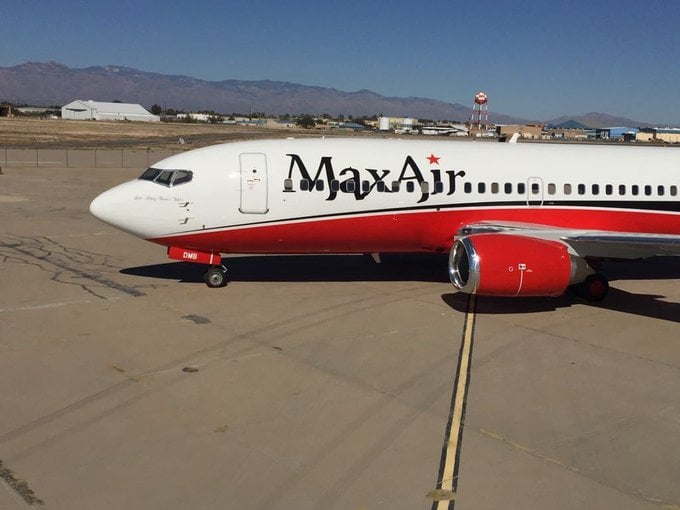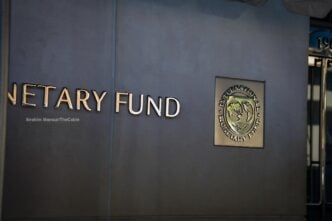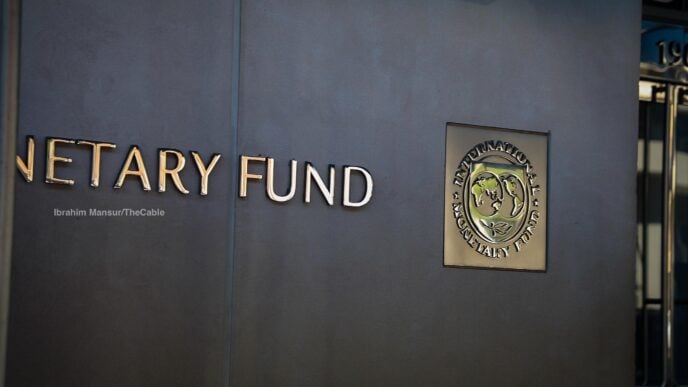Axel Schimmelpfennig, the mission chief for Nigeria at the International Monetary Fund (IMF), says the newly approved tax reform bills align with international best practices.
Speaking on Wednesday while sharing the outcome of the 2025 Article IV Consultation for Nigeria, Schimmelpfennig said the tax bills will simplify compliance for Nigerians and ease enforcement for the revenue authority.
“In terms of the tax reform bills, great that they have been passed. What we’ve seen so far, they are a big step to modernize Nigeria’s tax system, align it with international practices as they are today on taxation,” the mission chief said.
“They should make compliance easier for Nigerians to pay their taxes. They should make enforcement easier for the revenue authority to ensure that everyone pays the tax that they owe.
Advertisement
“I think it’s good to note that some of the measures should make the tax system more progressive, meaning people in lower income brackets that can afford less to pay taxes will see some relief, whereas people that are in higher brackets will continue to pay kind of what they can contribute.
“We haven’t done the final assessment. We still need to wait for the bills to be gazetted so that we have the exact parameters to do that.”
The four new laws are the Nigeria Tax Law, the Nigeria Tax Administration Law, the Nigeria Revenue Service (Establishment) Law, and the Joint Revenue Board (Establishment) Law.
Advertisement
President Bola Tinubu first sent the proposed legislation to the national assembly on October 3, 2024, urging lawmakers to pass the reforms.
The house of representatives passed the bills in March, while the senate followed suit in May.
The legislature transmitted the final versions to the president for assent on June 18.
On June 26, Tinubu signed the four tax reform bills into law, saying they would unify Nigeria’s fragmented tax system.
Advertisement
Zacch Adedeji, the chairman of the Federal Inland Revenue Service (FIRS), said Nigeria’s new tax laws will take effect from January 1, 2026, under a renamed agency — the Nigeria Revenue Service.








